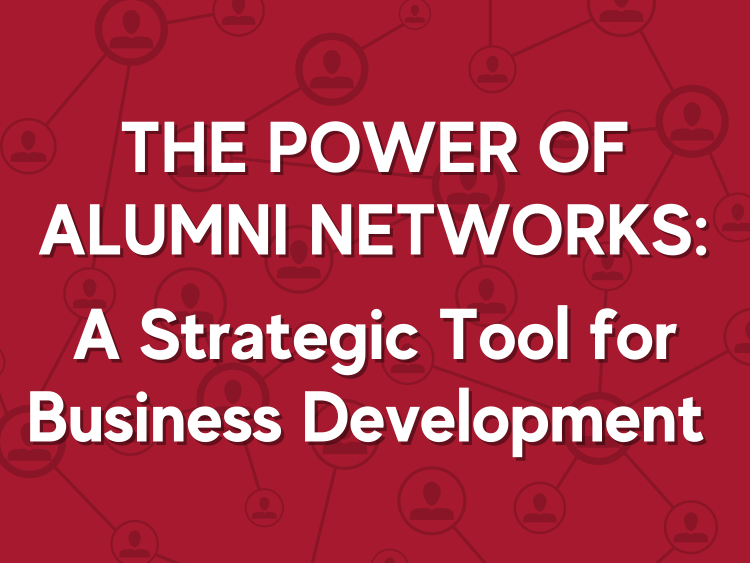
Whether you are buying a product or service, you are buying it from someone. And more often than not, people are looking to have a connection with that someone. Why? Because people attach themselves to people. This is why developing a remarkable brand – be it for your firm or yourself – is such a critical part of the business development process.
The importance of branding was stressed during the keynote at the Legal Marketing Association Southwest Regional Conference by branding expert Karen McCullough in her “Developing a Remarkable Brand” session.
It’s no secret that consumers are looking for experiences when they buy, and this is especially true in a relationship-driven industry like law. According to Karen, everyone can benefit from having a remarkable personal brand. For the benefit of those who couldn’t attend the conference, here are some of the things she touched on in her keynote:
What We Can Learn from Discount Stores
Let’s look back to when we first saw branding in stores. In the 1960s, Kmart unveiled its “blue light special,” where stores hung blue lights over sale items each day. Although this tactic was centered on products and getting discounts, it required customers to come into the store and in turn, interact with retail employees and other customers.
Later, Walmart hit the scene and they built their brand around people: the company hired greeters and staff to guide customers through its stores. Walmart also highlighted the fact that, at the time, products were made in the United States, making the people behind the products more visible to consumers.
Finally, Target came to fruition. The store initially began as a fashion brand for women, but it quickly changed its inventory when it realized people wanted different and a wide variety of products. Target listened to its customers, adapted and is now one of the largest retail stores in the United States.
Branding Today Is All About Consumers
Iconic brands like Apple, Coca-Cola and Starbucks took branding to the next level putting the power in the hands of consumers. Brands like this started to fully engage consumers — to know what they’re thinking and adjust their offerings accordingly. This is why ratings and reviews have become more valued than ever before.
Millennials have truly embraced this level of engagement and brought the concept of personal branding alive. This generation expresses their wants and desires through social media, online reviews and blogging — and smart companies are paying attention. These crucial data can help companies tailor their services and products to millennials, and it’s essentially free insight into what your customers want. Businesses looking to target this growing market shouldn’t underestimate the power of social media — according to Forbes, social media is playing a huge role with 62 percent of millennials saying that if a brand engages with them on social networks, they are more likely to become a loyal customer.
The Branding Formula
Karen examined three elements of the branding formula:
- Discovery: Take an in-depth look at what makes your firm great. What has been working and what hasn’t? What is your differentiation? Who are you targeting and what do they really want from your firm?
- Design: Once you have an understanding about who your firm really is, clearly define your strategy, messaging and positioning. Does this align with your visual marketing –firm logo, website, etc.? If not, it’s time for a visual rebranding.
- Delivery: Understand you may be trying to appeal to different ages and generations, and your branding and messaging should reflect this. Make sure you’re using the appropriate platforms to generate visibility among your various target markets.
Branding is really all about connecting with your customer. Oftentimes, firms think they know what their customers want, but without taking a step back and listening to what they’re telling you they actually want, you may be missing the mark. And just because you’ve been successful for decades, doesn’t mean there isn’t an opportunity to examine how you could be doing things differently. This may uncover a strategy to enhance customer service and deepen relationships.


